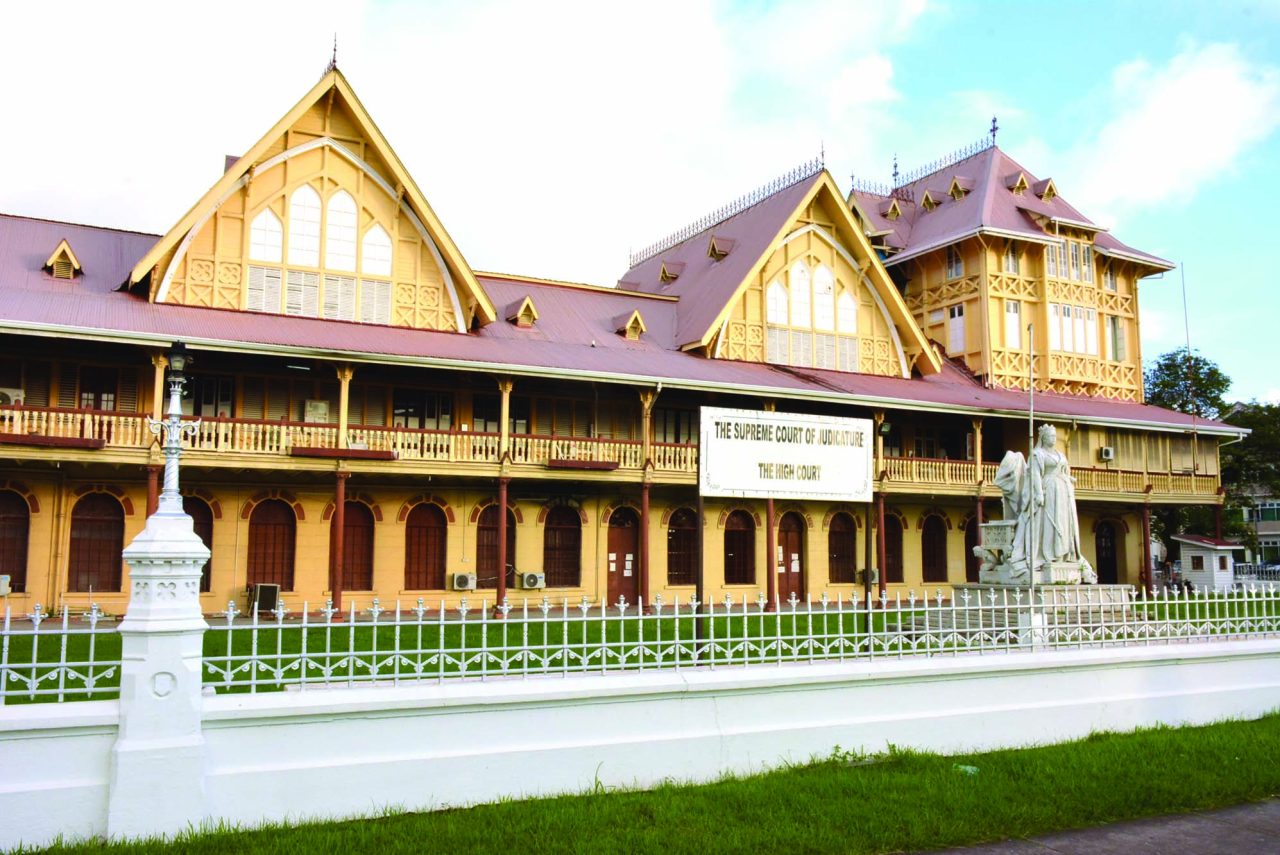Executive has some influence over Judiciary – US State Dept
– despite Constitution providing for independent Judiciary
A report from the United States (US) Department of State has raised concerns about Guyana’s legal system when it comes to settling cases, noting that many perceive the hearing of some civil matters to be unfair and in some cases, influenced.


